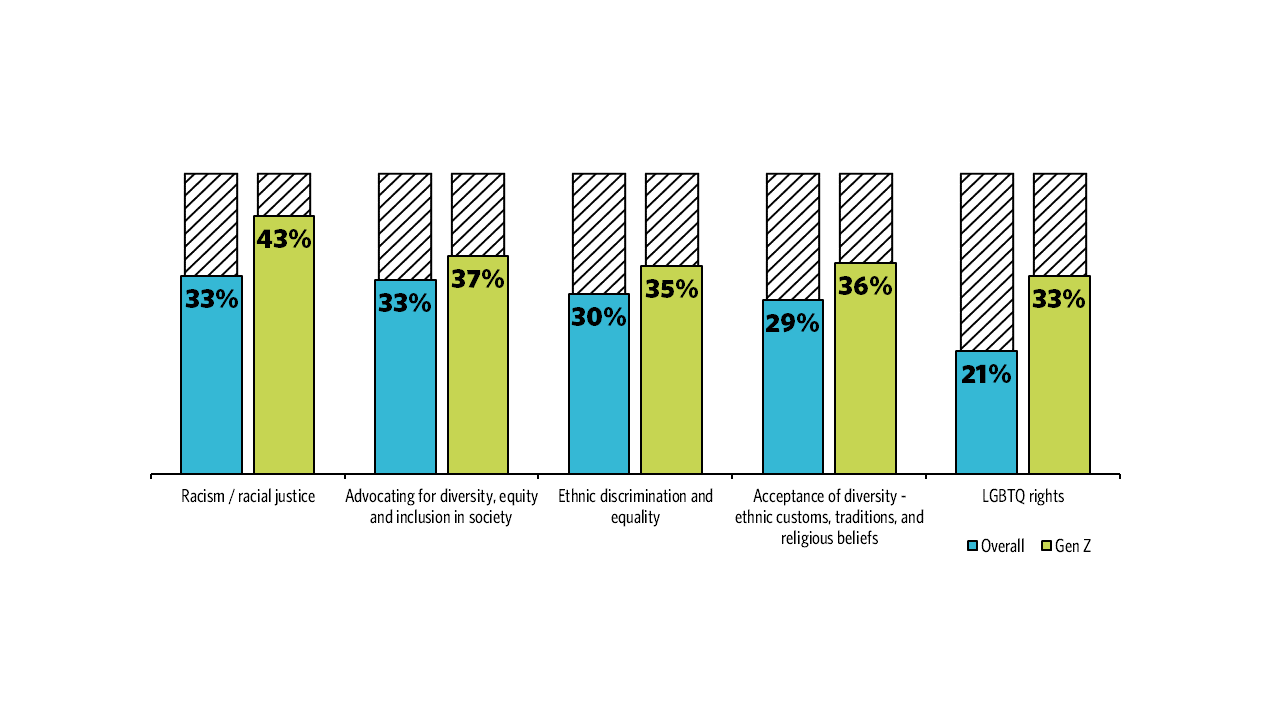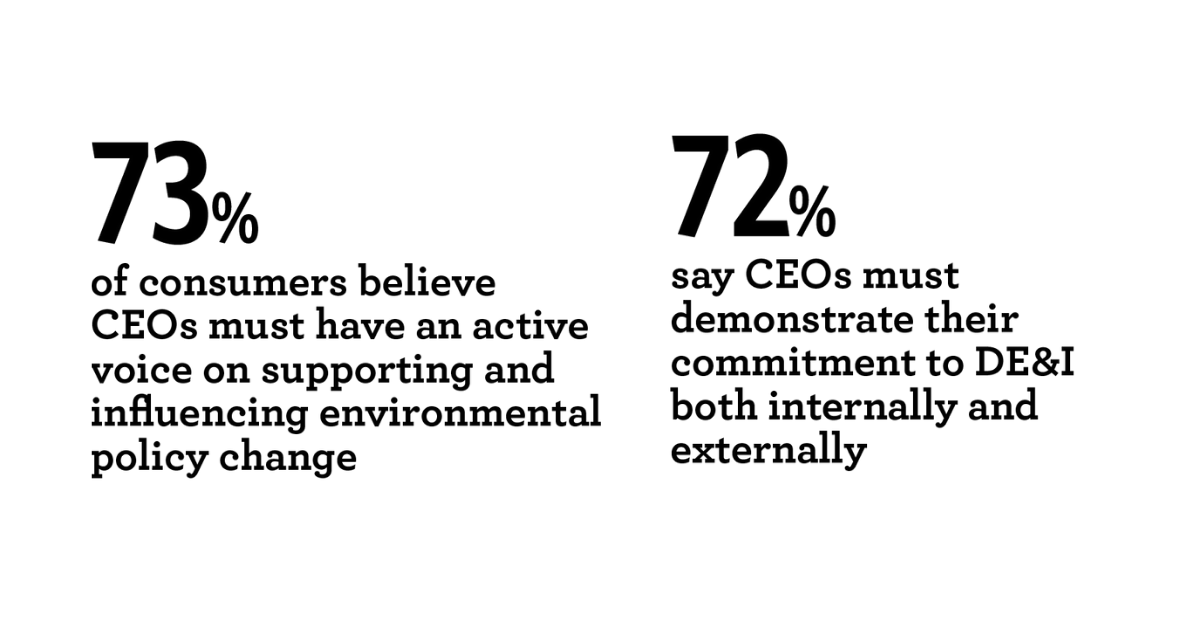The future of brand authenticity — leadership, inclusivity and activism
Nicole Harris, research manager, TRUE Global Intelligence
After the hot mess that was 2020, it’s no surprise that social responsibility is now a more important aspect of brand identity than ever before.
In fact, a business’s impact on societal outcomes now accounts for almost one-third of informed consumers’ expectations, according to FleishmanHillard’s latest Authenticity Gap study.
But while 64% of informed consumers internationally – and 61% of Brits – say that a company must talk about its behaviour and impact on society and the environment in order to be credible, more than half of companies tracked in FleishmanHillard’s authenticity research are failing to meet expectations when it comes to doing the right thing.
With brand authenticity and cancel culture top of mind for many companies, how can brands align their practices to the expectations of the post-pandemic consumer and prove that they’re one of the good guys?
-
Inclusive practice is no longer a bonus – especially for Gen Z
From the murder of George Floyd to the unforgivable treatment of England’s EUROs players, the past 18 months have shown us that racism and discrimination is still a monumental society-wide problem – a fact that’s particularly well recognised by young adults (aged 18-24 years).
Gen Z, who now represents roughly 30% of the world’s population, have the highest expectations for brands when it comes to diversity and inclusion, and expect the brands they choose to share their values.

Gen Z has been both celebrated and mocked for their commitment to making the world a better place, and they’re paying attention to who’s on the right side of history.
As such, brands who actively commit to accelerating social change today will form the most valuable long-term relationships with the consumer of the future.
-
Slacktivism can do more harm than good to brand authenticity
Consumers are also becoming increasingly aware of performative activism, with Google searches for greenwashing in the UK already up 25% from 2019 and some of the world’s biggest brands being accused of rainbow washing for continuing to financially support anti-LGBTQ+ initiatives while donning a rainbow logo during Pride Month.
In turn, there is growing scepticism over brands’ commitment to social change, with 62% of informed consumers stating that a company needs to showcase tangible change before they will believe its promises.
In order to win over these audiences, brands must walk the walk and partner messages of allyship with meaningful action, both internally and externally.
-
Effective leadership is key to driving authentic change
Football may not have come home, but the EUROs taught us a lot about the value of authentic leadership (clearly far more important…) from Mr Gareth Southgate himself.
The England manager played a vital role in bringing the squad and wider population together by knowing how and when to speak out on key issues, and always doing so from a place of genuine passion.
And just as football fans expect to hear directly from the man in the M&S suit, today’s consumer expects company leaders to go further than signing their name to corporate messaging.
Whether it’s climate change, racism or economic inequality, almost two-thirds of consumers globally, and 58% of Brits, say that CEOs should speak out on issues that have a significant impact on society, regardless of whether they will directly impact their business.

It may sound simple but at its core, a brand that shares its customers’ values and communicates openly and honestly about how it strives to do better is a brand that will reap the rewards of authenticity in the long haul.
Want to learn more about what it means to be authentic in 2021, or deep dive into a specific sector? Download the report here, visit our authenticity research data tool or speak to us at [email protected].
Find Out More
-
Platinum CMS Award
March 13, 2024
-
Changing Communications Tack at Mobile World Congress
February 21, 2024


